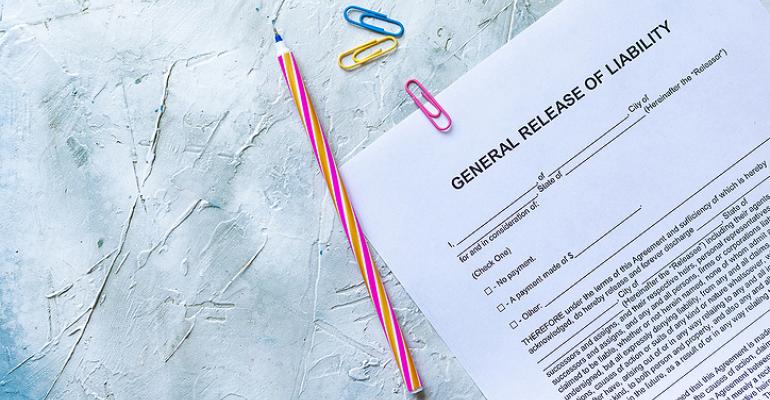Our sister publications group MeetingsNet takes a look at a thorny issue: the benefits of asking event attendees to sign a waiver protecting the event host if an attendee falls ill from the coronavirus.
“When the Trump campaign held its rally in Tulsa, Okla., in June, attendees were asked to sign a waiver releasing the organizers from liability if a participant got sick from the coronavirus.
Here’s what they asked attendees to sign, according to a report by CBS News: "By clicking register below, you are acknowledging that an inherent risk of exposure to COVID-19 exists in any public place where people are present. By attending the Rally, you and any guests voluntarily assume all risks related to exposure to COVID-19 and agree not to hold Donald J. Trump for President, Inc.; BOK Center; ASM Global; or any of their affiliates, directors, officers, employees, agents, contractors, or volunteers liable for any illness or injury."
Meeting organizers moving forward with events this fall and through 2021 might consider adapting that language or have their legal team draft something similar. But how effective will any waiver be if attendees get sick?
According to meetings industry attorney Joshua Grimes, there are at least six factors that affect whether or not a waiver is enforceable. “But even if it’s not enforceable, it can act as a deterrent,” he said” …. MeetingsNet





